Choosing the right radiant heat contractor can make a big difference in your home’s comfort and energy efficiency. Radiant heating systems, especially radiant floor heating, offer a cozy and uniform warmth that's hard to beat.
Understanding radiant heating is key to making the best choices for your home. Radiant heat works by warming up surfaces and objects in a room, rather than just the air. This method is not only more consistent but also reduces energy waste.
Make sure to look for a contractor who has experience with radiant floor heating. When radiant heating systems are installed properly, they provide reliable warmth and can lead to significant savings on your energy bills. Your comfort is worth investing in the right professional to ensure your home stays warm and efficient.
Types of Radiant Heat Systems
Radiant heat systems are primarily divided into hydronic and electric types. Each system has its own method and benefits for heating your space.
Hydronic Radiant Heating
Hydronic radiant heating uses water to transfer heat. This system pumps heated water from a boiler through tubes installed under the floor. These systems are often used for larger areas and can be integrated with existing boiler systems.
Installation involves placing a network of tubes under your floor. When the system is turned on, the heated water circulates through these tubes, warming the floor and consequently the entire room.
You can control room temperature using thermostats. While installation can be more complex compared to electric systems, the operating costs are generally lower. This makes it a popular choice for whole-house heating.
Electric Radiant Heating Systems
Electric radiant heating systems use electric cables or heating mats placed under the floor, with benefits including faster installation and the ability to target specific areas. These systems are ideal for smaller spaces or isolated rooms like bathrooms and kitchens.
Installation is simpler as it usually involves laying electric mats or cables directly under the flooring. These systems heat up quickly, making them perfect for spot heating.
Electric systems are often controlled by thermostats, allowing precise temperature control. While the operating costs can be higher due to electricity prices, the ease of installation and faster response time make them a convenient option.
Both hydronic and electric systems offer efficient ways to heat your space, each with its own set of advantages.
Components and Installation
Radiant heat systems require specific components and careful installation to ensure efficient heating. Key elements include boilers or water heaters, piping and tubing, and radiant heat controls.
Boilers and Water Heaters
Boilers and water heaters are the heart of any radiant heat system. They heat the water that circulates through the system, providing warmth to your space. Choosing the right size and type of water heater is crucial for efficient operation.
Piping and Tubing
The piping and tubing move heated water from the boiler or water heater to the floors or walls. PEX tubing is commonly used due to its flexibility, durability, and resistance to freezing. Proper installation ensures there are no leaks and that water flows efficiently.
Manifolds are used to evenly distribute hot water to different areas. They control the flow rate and make it easy to balance the system. When installed correctly, manifolds can greatly increase energy efficiency.
Radiant Heat Controls
Radiant heat controls, like thermostats, help manage the temperature in different zones of your home. They ensure comfort and energy efficiency. You can set various temperatures for different rooms, optimizing heating based on usage.
Digital and programmable thermostats offer greater control and can be integrated with smart home systems. This technology helps save on energy bills and maintains a consistent indoor environment. Proper installation and configuration of these controls are essential.
Benefits of Radiant Heating
Radiant heating systems offer numerous advantages, such as energy efficiency and a more comfortable living environment. These benefits make them a desirable choice for many homeowners.
Energy Efficiency and Cost Savings
Radiant heating is highly energy-efficient. Traditional heating systems often lose heat through ductwork or vents. In contrast, radiant heating directly warms floors, walls, or ceilings. This reduces the amount of energy needed to keep your home warm.
Lower utility costs are another significant benefit. Because radiant heating systems use less energy, you can expect to see a noticeable decrease in your monthly energy bills. High-efficiency water heaters that are often part of radiant heating systems contribute to these savings.
Improved Comfort and Air Quality
Radiant heating offers a higher level of comfort. Unlike forced air systems, which can create drafts, radiant heating warms surfaces. This leads to a more even and natural-feeling warmth.
Better air quality is another plus. Radiant heating doesn't rely on fans or blowers, which can circulate dust, allergens, and other pollutants. This makes it a great choice for people with allergies.
Additionally, radiant heating systems operate quietly, adding to the overall comfort of your living space.
Fuel Sources and Efficiency
Traditional Versus Alternative Energy
Traditional Energy: Traditional fuel sources for radiant heating include oil, propane, and wood. Oil and propane systems are usually straightforward to install and maintain. Wood-burning systems offer a renewable option. However, these sources often have higher operating costs and can emit pollutants.
Alternative Energy: Natural gas, solar, and electric radiant heating systems offer different benefits. Natural gas is efficient and clean-burning. Solar systems use renewable energy but depend on weather conditions, which might limit their use. Electric systems provide consistent heat and easy control, although they may increase your electricity usage.

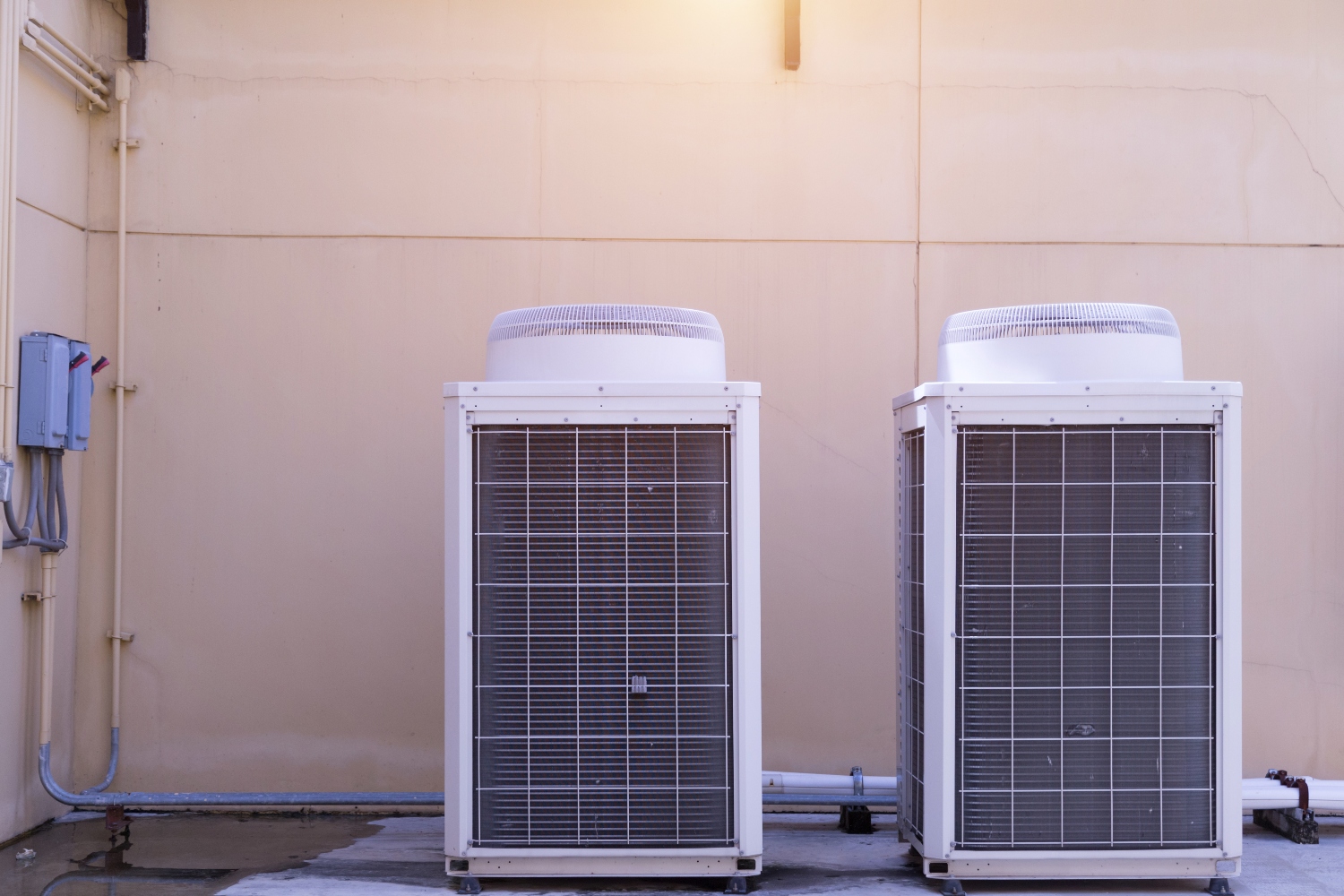
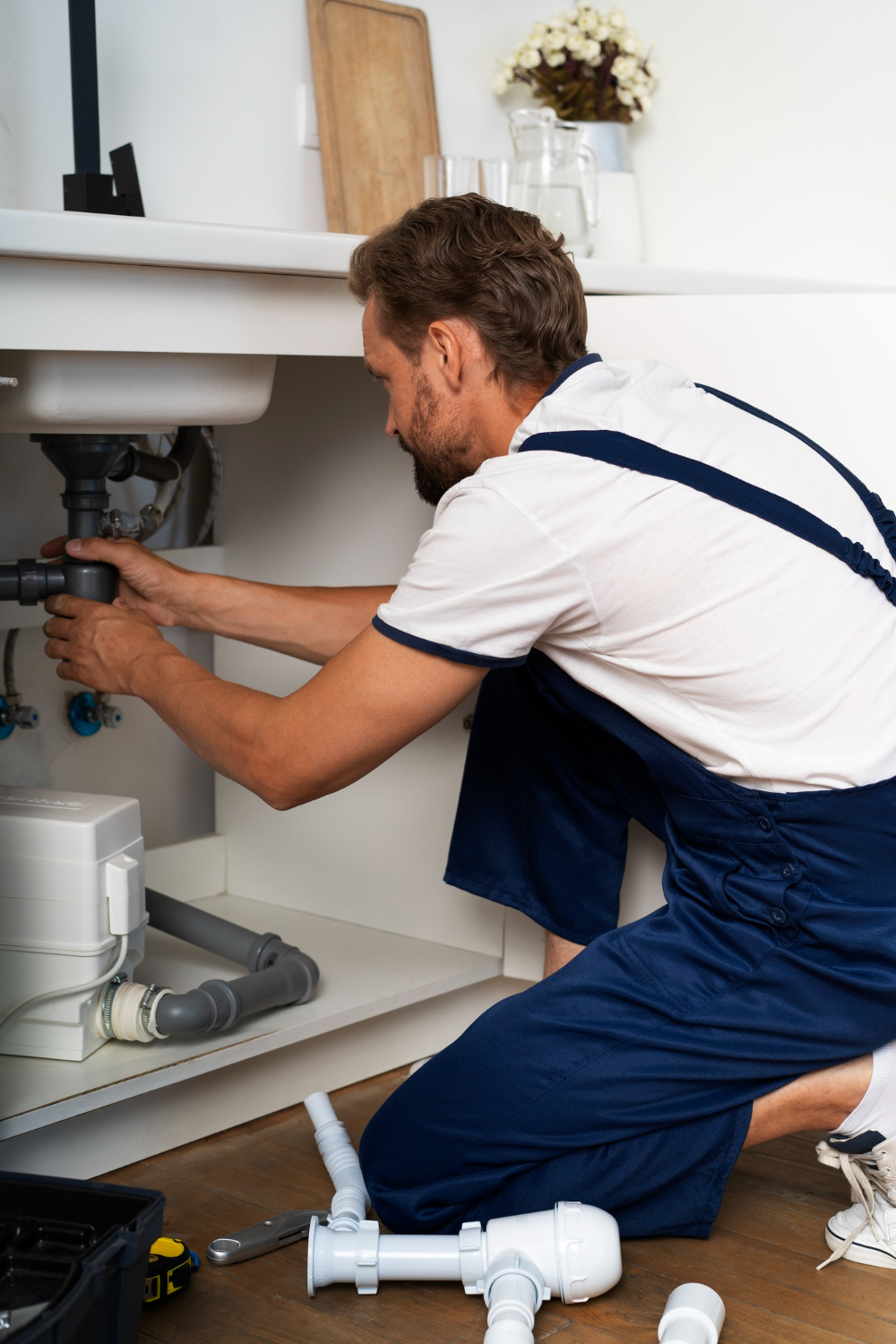
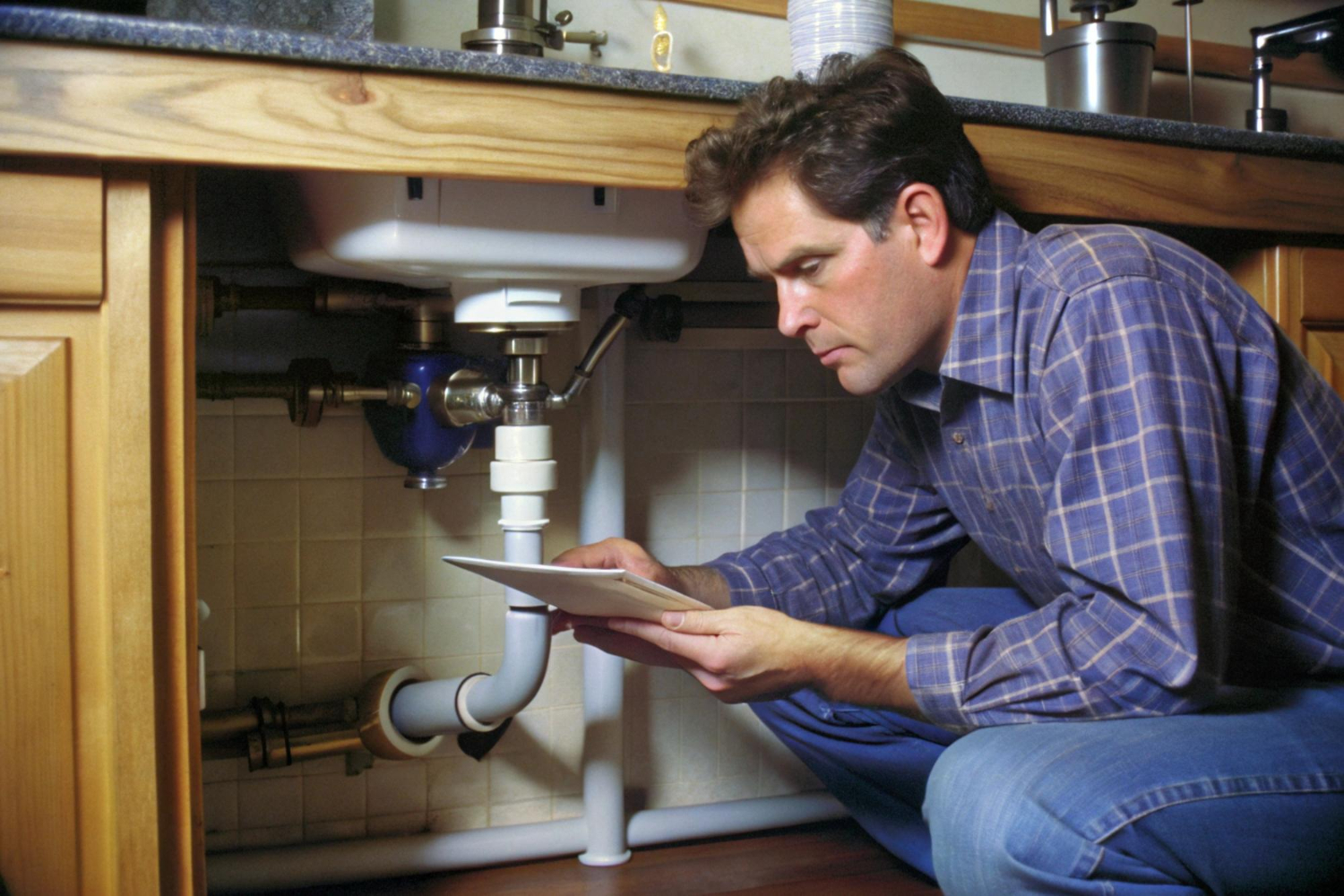
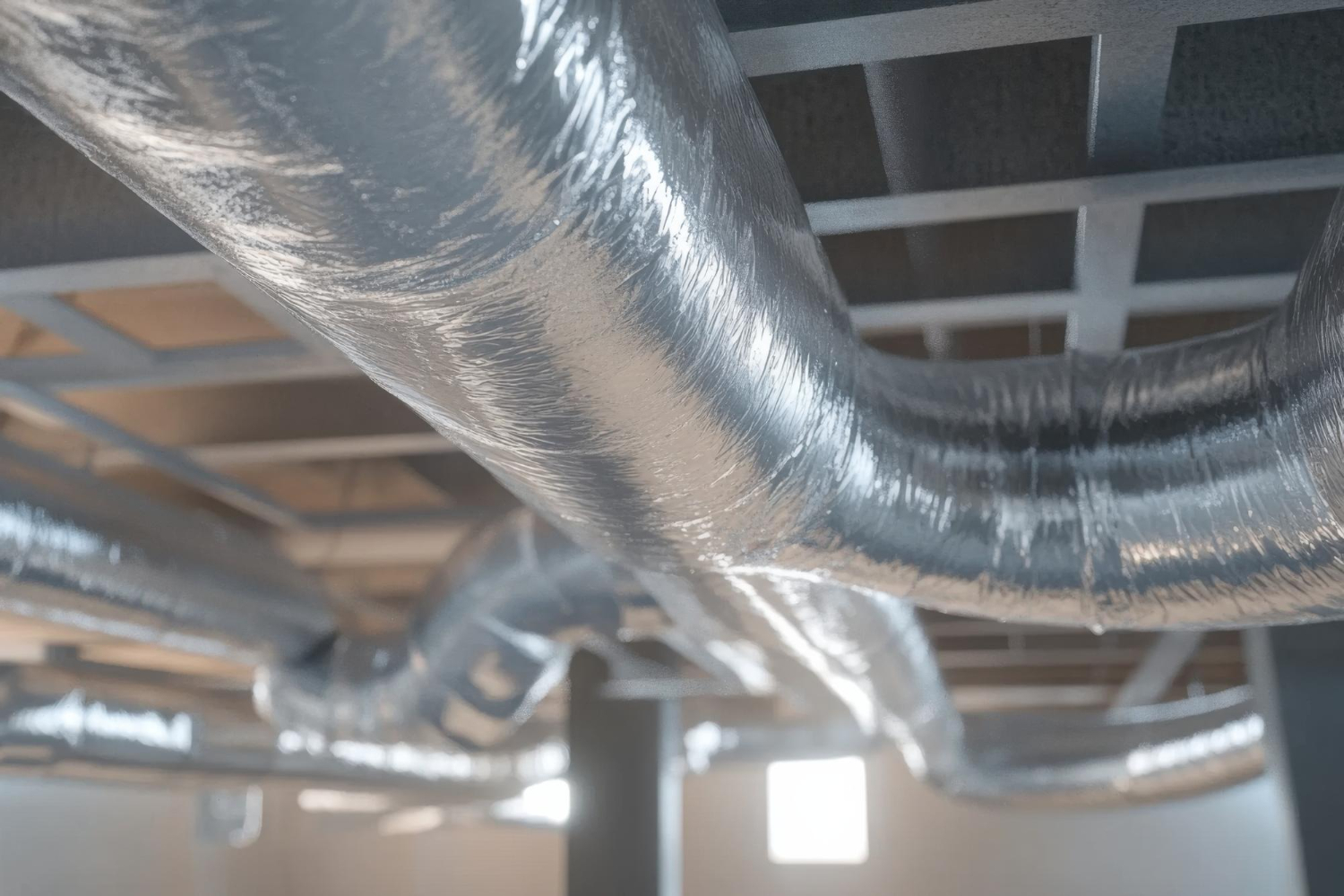
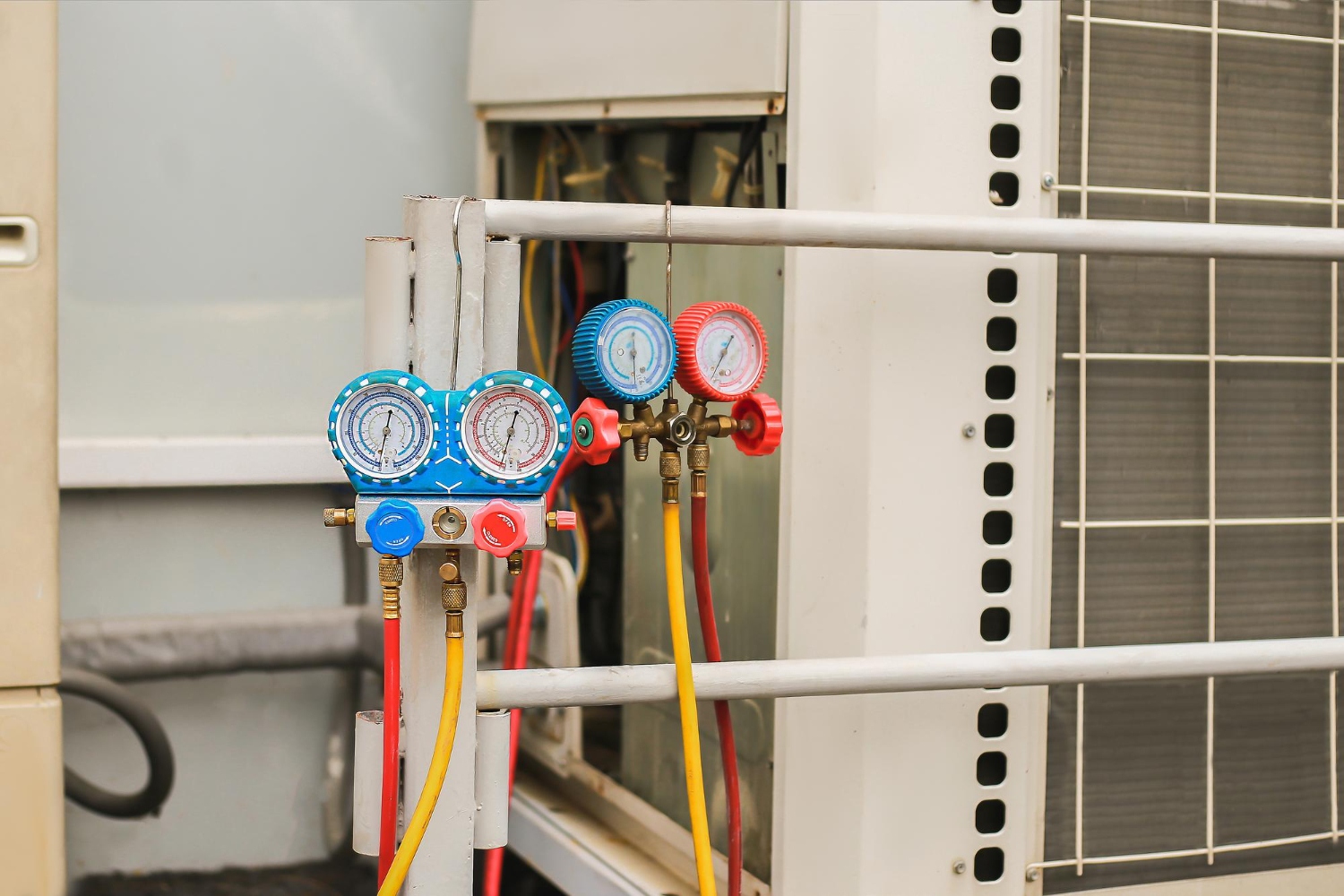


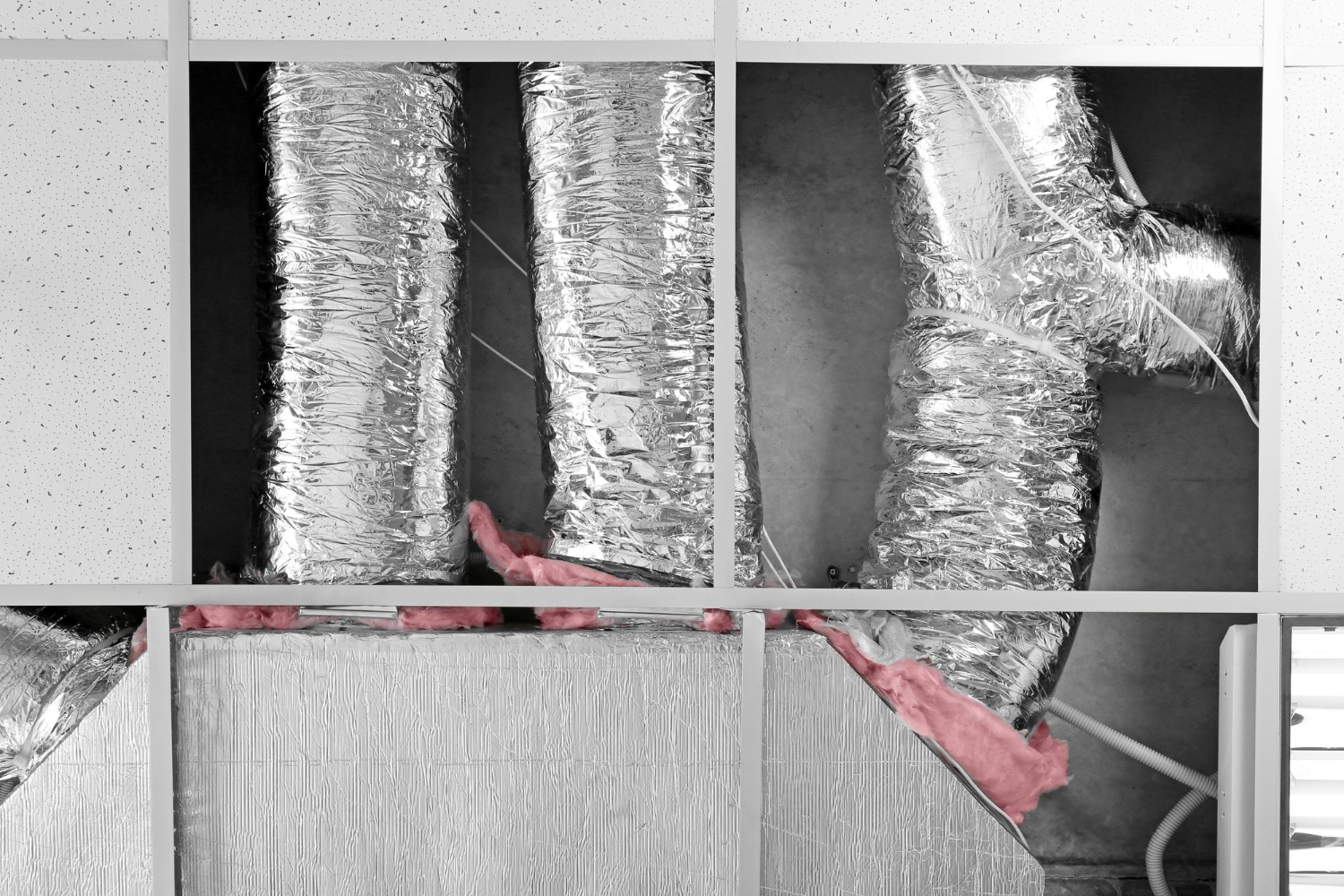































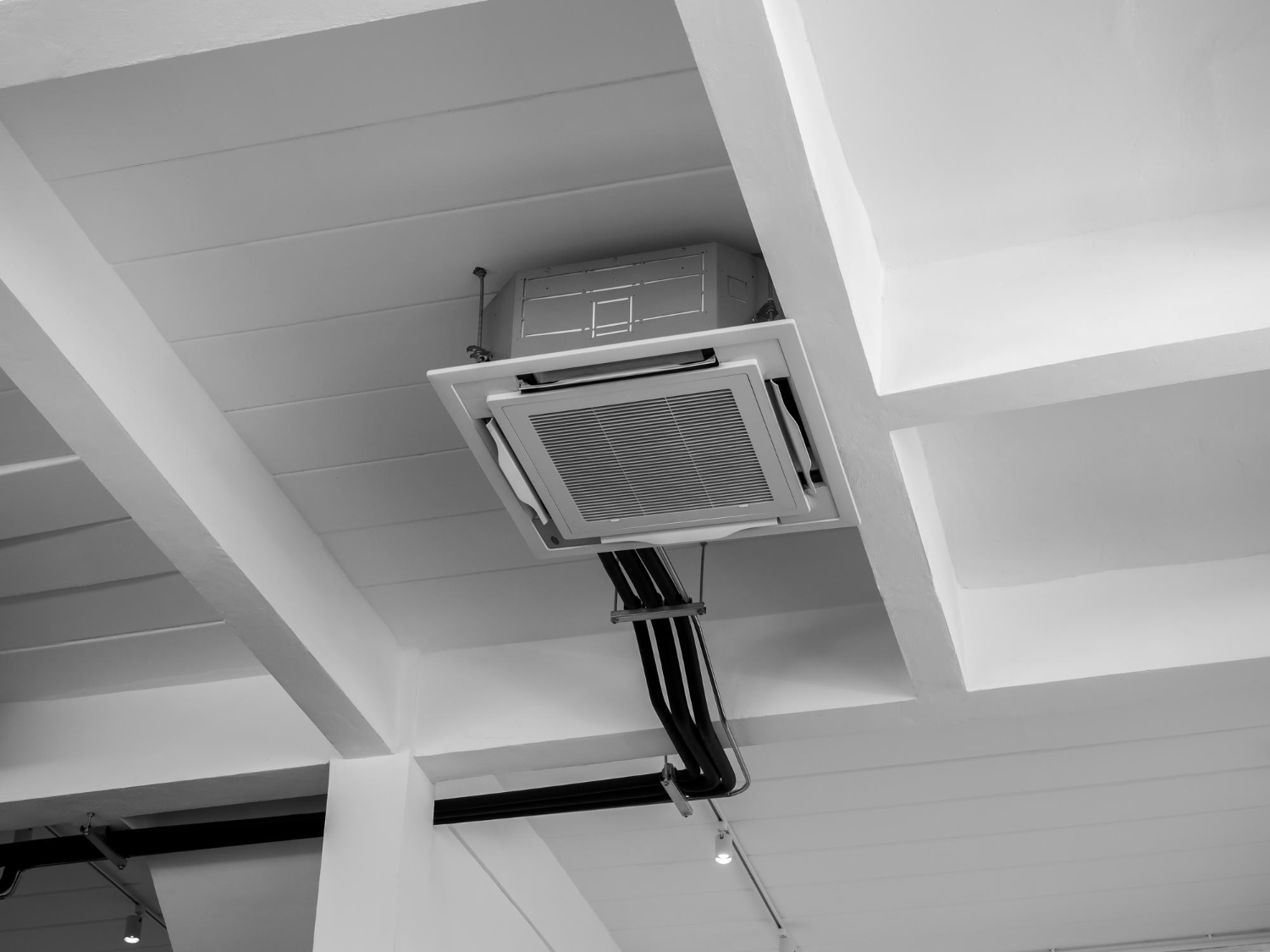




























.jpg)
.jpg)

.jpg)
.jpg)




















